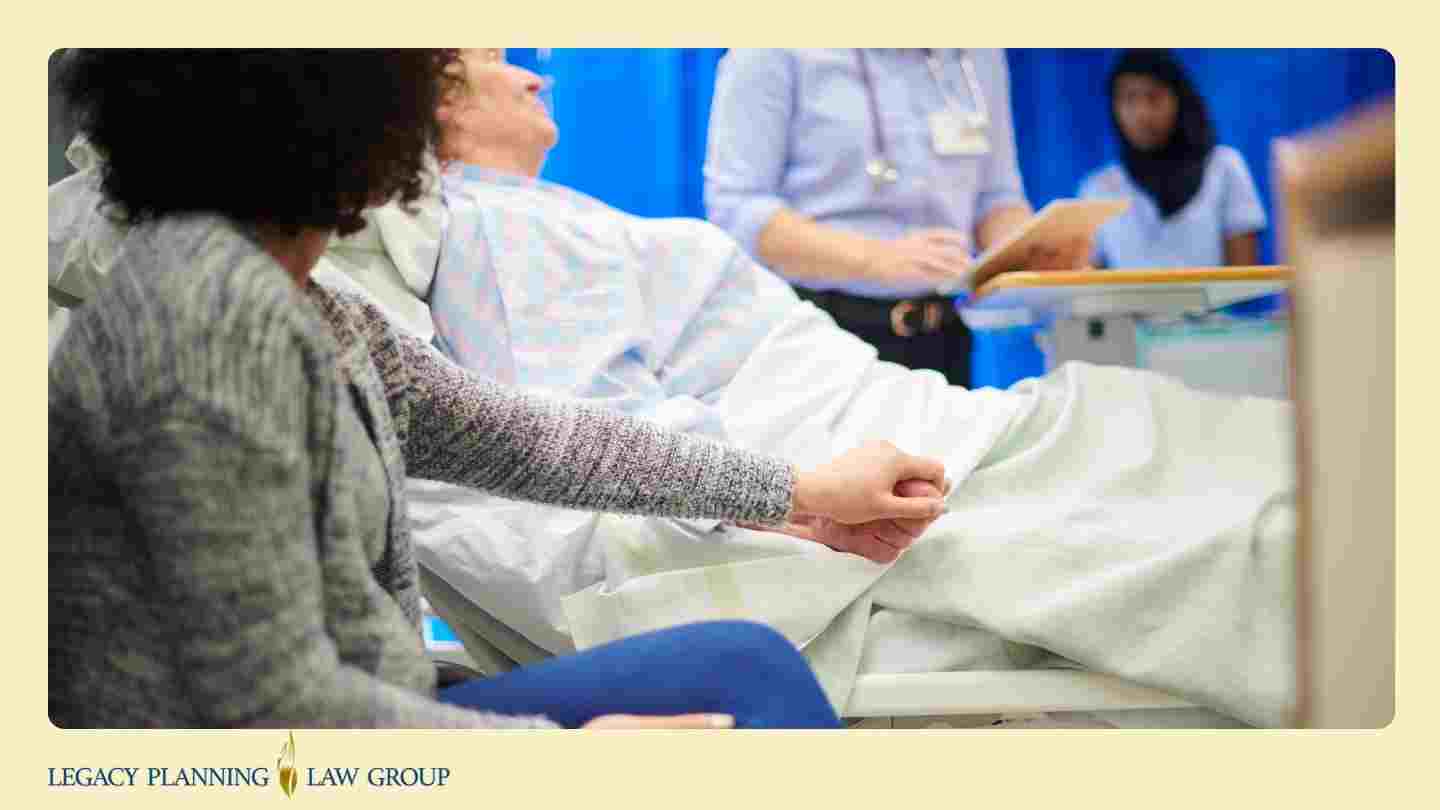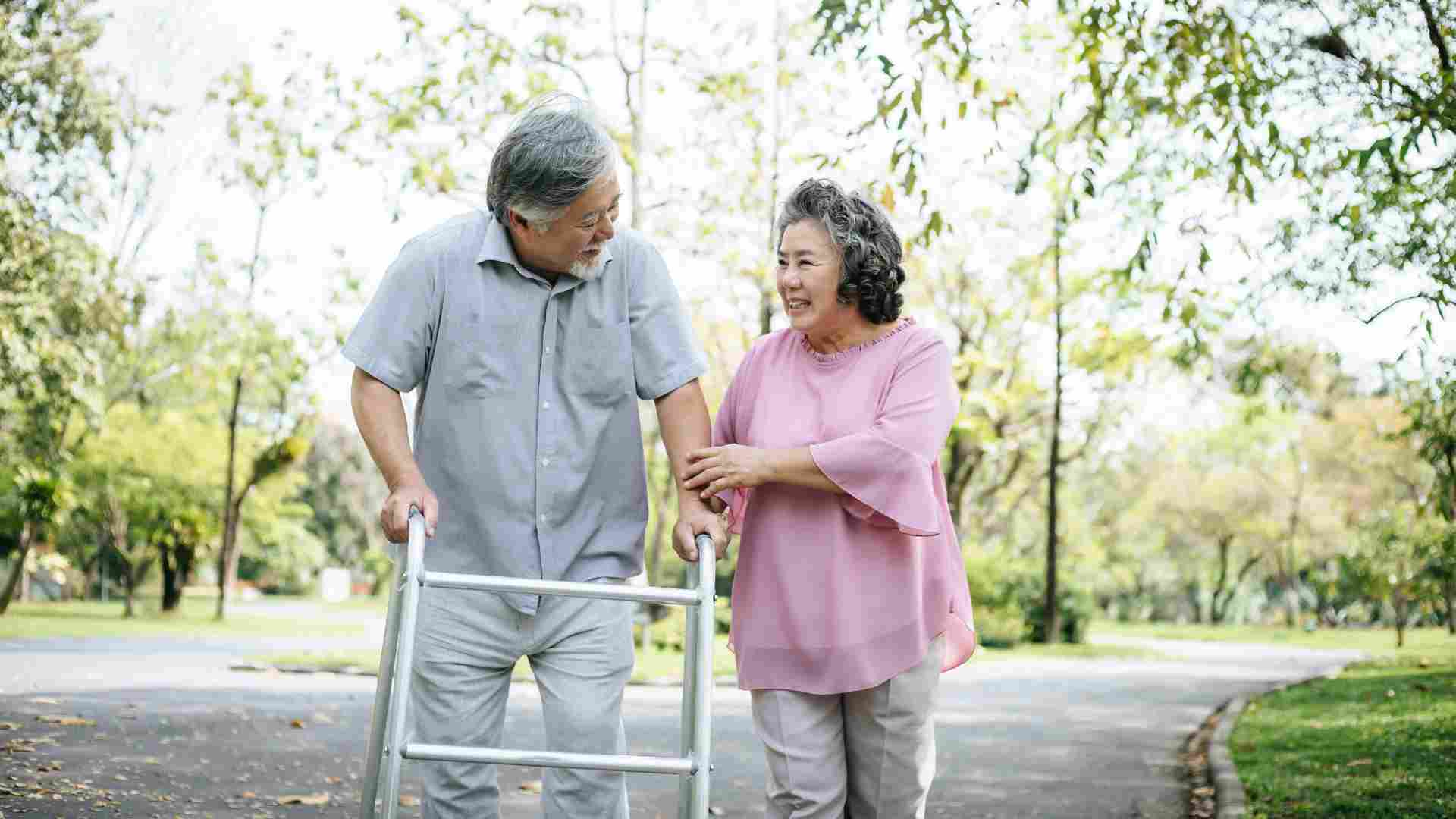To reduce the stress of uncertainty, elder law addresses the financial, medical and legal concerns that accompany aging. It’s about ensuring that your preferences are respected, preparing for life’s uncertainties and reducing family stress. A study from the University of California, San Francisco, which examined how social interaction can impact quality of life in the elderly found that a sense of loneliness and isolation can lead to a decline in physical health, and in some cases, even early death.
Some 1,604 participants, all age 60 and older, were contacted by gerontologists every two years between 2002 and 2008. More than 43 percent of respondents reported that they were sometimes lonely. Follow-up research found that members of the self-identified “sometimes lonely” segment were 45 percent more likely to die during the six-year period than those who reported that they were satisfied with the sense of connection in their relationships, and were 59 percent more at risk for physical decline, measured as performing daily living tasks, including bathing, dressing and eating. [1]
Reducing social isolation for elders is critical to improve their quality of life, though it’s not just an issue for the elderly. A large segment of the US population is facing a known health risk – and the fallout from that risk affects family members, communities, care givers and others.
Health professionals have long known that loneliness and social isolation directly affect older people’s physical and mental health. Even in highly populated urban areas, there are elderly-rich communities where members are living alone and suffering from a lack of social interaction. Some 30 percent of Americans age 65 and above live alone, but the rate is significantly higher, approximately 53 percent, for older New York residents in public housing. [2]
While many seniors are well-versed when it comes to steps to take to prepare financially for retirement and potential long-term care, there is still a pervasive lack of awareness about how social groups and a sense of community can change as people age.
Other research targeting the social effects of loneliness and isolation have also shown dramatic health risks. A 2008 study from the University of Chicago found that chronic loneliness is a health risk factor comparable to smoking, obesity and lack of exercise, and contributes to a suppressed immune system, high blood pressure and increased levels of the stress hormone cortisol. A study out of Cornell in early 2012 concluded that loneliness can increase the risk of heart disease by producing changes in the body which mimic the aging process. [3]
Though more research is needed to clearly define the link that connects social factors and health, more mainstream physicians are beginning to view their elderly patients’ health concerns beyond what can be found in classic lab results. [4]
Elder law is about more than money. When viewed properly, elder law is about two major things. First, ensuring that your personal wishes—financial, medical, and legal—are carried out; and second, understanding that elder law is a family matter affecting an intricate web of individual relationships. Knowing that your potential long-term care needs have already been addressed frees you and your family from needless worry.
Read more related articles at:
Social isolation, loneliness in older people pose health risks
Loneliness and social isolation interventions for older adults: a scoping review of reviews
Also, read one of our previous Blogs here:
When Do I Need an Elder Law Attorney?
Click here to check out our On Demand Video about Estate Planning.
Click here for a short informative video from our own Attorney Bill O’Leary.



